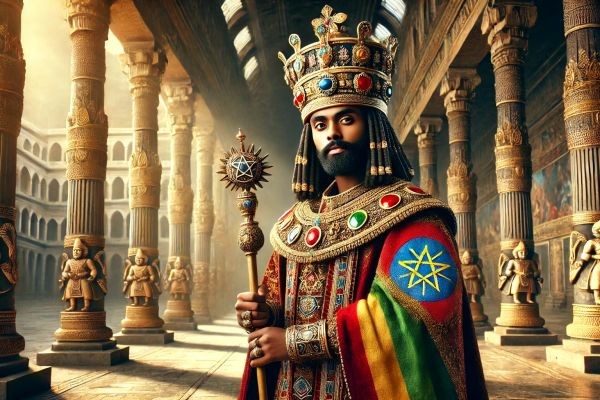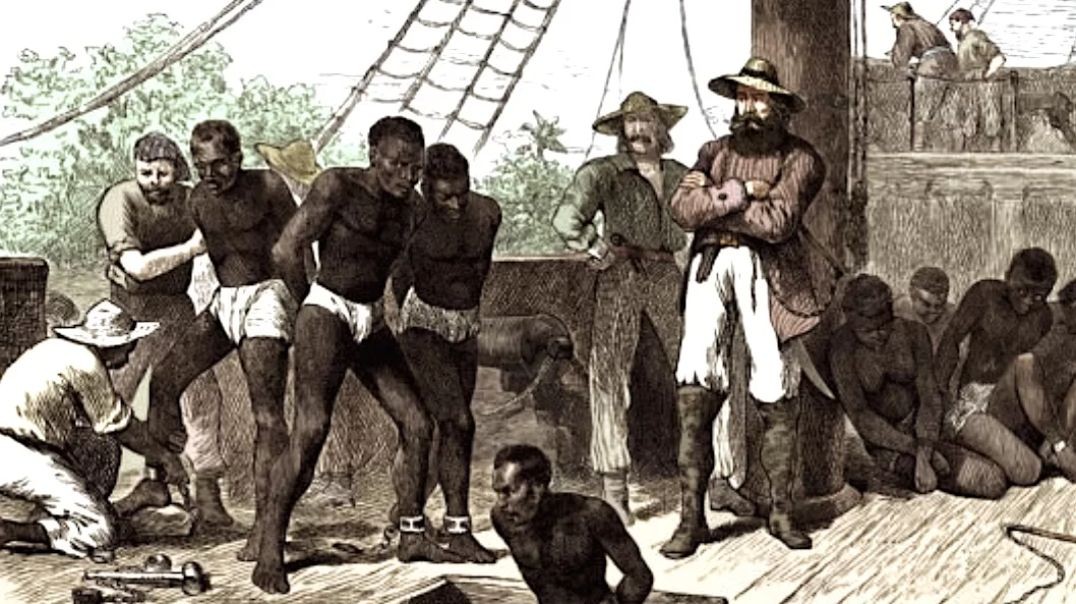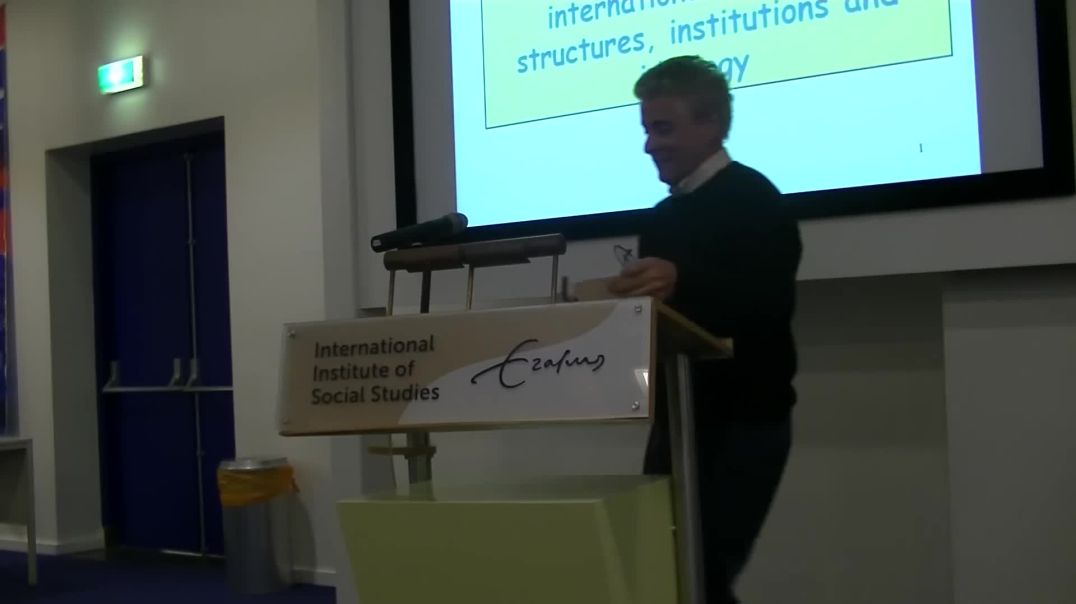Emperor Yeshaq Iyasu of Ethiopia: A Comprehensive Overview
Emperor Yeshaq Iyasu (Ishaq), a prominent figure in Ethiopian history, stands as a testament to the resilience and complexity of Ethiopian imperial rule. His reign marked a transformative period in the Ethiopian Empire’s history, characterized by diplomatic finesse, religious influence, and socio-political challenges.
Emperor Yeshaq Iyasu of Ethiopia: His Life, Reign, and Legacy
Introduction
Emperor Yeshaq Iyasu of Ethiopia, one of the most significant rulers in the medieval history of the Ethiopian Empire, played a crucial role in shaping the political and religious landscape of his kingdom. This article explores the life, reign, accomplishments, and enduring legacy of Emperor Yeshaq Iyasu, as well as the historical context that defined his rule. To fully understand Yeshaq’s impact, we’ll delve into Ethiopia’s interactions with neighboring kingdoms, internal governance, and religious policies during his era.
Historical Context: Ethiopia Before Yeshaq Iyasu
Ethiopia, also known as Abyssinia in ancient texts, has a rich history that dates back thousands of years. The country’s unique Christian heritage, political struggles, and battles with external forces shaped its cultural and political identity. Before Emperor Yeshaq Iyasu’s reign, Ethiopia was characterized by:
- Monarchial Rule: Ethiopia’s rulers maintained centralized control, often facing both internal and external challenges.
- Christianity as a State Religion: Christianity had been the state religion since the 4th century, with Ethiopian Orthodox Christianity shaping much of the kingdom’s identity.
- External Threats and Alliances: The Ethiopian Empire was often in conflict with Islamic forces along its borders, particularly from the Sultanates to the east.
This backdrop set the stage for Yeshaq Iyasu’s rule, which would further define Ethiopia’s cultural and political future.
Early Life of Yeshaq Iyasu
Background and Heritage
Yeshaq Iyasu was born into the Solomonic dynasty, which claimed direct descent from King Solomon of Israel and the Queen of Sheba. This lineage was essential to Ethiopian identity and gave the emperor both spiritual and political authority.
Ascension to the Throne
The political climate during Yeshaq Iyasu’s early life was turbulent, with various factions vying for influence over the Ethiopian throne. Yeshaq’s ascension was marked by:
- Political Instability: Power struggles were common, with competing families attempting to control the empire.
- Consolidation of Power: Yeshaq’s coronation signaled a new era, as he sought to establish stability and centralize authority.
Reign of Emperor Yeshaq Iyasu
Centralized Governance and Administrative Reforms
One of Emperor Yeshaq’s primary goals was to strengthen the empire’s centralized governance. His reforms included:
- Land Reallocation: Yeshaq implemented policies to distribute land more equitably among his loyal supporters.
- Military Reorganization: By restructuring the military, Yeshaq ensured that his forces were loyal and well-equipped to defend the empire’s borders.
- Legal Reforms: Yeshaq introduced legal reforms that consolidated his power and improved administrative efficiency, which allowed for better governance and control over distant provinces.
Religious Policies and Relations with the Church
Yeshaq Iyasu’s reign is notable for his close relationship with the Ethiopian Orthodox Church, which helped him maintain religious authority and legitimize his rule.
- Support for Orthodox Christianity: As a devout Christian, Yeshaq bolstered the Ethiopian Orthodox Church’s influence within the empire.
- Religious Tolerance and Diplomacy: While firmly supporting the Orthodox faith, Yeshaq also established diplomatic relations with Muslim neighbors, helping to maintain peace on Ethiopia’s borders.
Military Campaigns and Expansion
Yeshaq Iyasu was also known for his military acumen. He conducted numerous campaigns, aimed at expanding and defending Ethiopia’s territories.
- Defense Against External Threats: Yeshaq’s campaigns primarily focused on protecting Ethiopia from incursions by Muslim sultanates along its eastern borders.
- Expansion into Neighboring Regions: His military efforts also led to the annexation of new territories, further solidifying Ethiopia’s regional influence.
Key Achievements of Emperor Yeshaq Iyasu
Strengthening of Ethiopia’s Cultural Identity
Yeshaq’s policies helped to shape Ethiopian identity, with a strong focus on:
- Promotion of Ethiopian Art and Literature: Under Yeshaq’s patronage, Ethiopian art and literature flourished, reflecting the empire’s rich cultural heritage.
- Religious Monuments and Churches: Yeshaq commissioned the construction of churches and religious monuments that symbolized Ethiopian Orthodoxy’s prominence.
Diplomatic Relations and Trade
Yeshaq’s reign also saw an expansion of Ethiopia’s diplomatic relations and trade networks:
- Alliances with Christian Kingdoms: Yeshaq sought alliances with other Christian nations, strengthening Ethiopia’s standing in the region.
- Trade Expansion: He encouraged trade with both Christian and Muslim merchants, boosting the empire’s economy and fostering cultural exchanges.
Challenges and Conflicts During His Reign
Internal Rebellions and Power Struggles
Despite his efforts to centralize power, Yeshaq Iyasu faced challenges from internal factions:
- Noble Rebellions: Some regional nobles resisted Yeshaq’s policies, leading to periodic uprisings that he had to quell.
- Factionalism: Rivalries within the royal court continued, requiring Yeshaq to carefully balance his relationships with influential families.
Relations with Muslim Sultanates
Ethiopia’s relations with its Muslim neighbors were complex:
- Diplomacy and Conflict: While Yeshaq maintained diplomatic relations, border skirmishes and occasional conflicts strained relations.
- Religious Tensions: Ethiopia’s Orthodox identity sometimes conflicted with neighboring Islamic states, though Yeshaq attempted to manage these tensions diplomatically.
Legacy of Emperor Yeshaq Iyasu
Influence on Subsequent Rulers
Yeshaq Iyasu left an enduring legacy that influenced Ethiopia’s rulers long after his reign ended.
- Political and Military Reforms: His governance model served as a blueprint for subsequent emperors who sought to centralize power.
- Religious Heritage: Yeshaq’s support for Orthodox Christianity strengthened its role in Ethiopian society, ensuring its continued prominence in the empire.
Impact on Ethiopian Identity
Yeshaq Iyasu’s reign contributed significantly to Ethiopia’s sense of national identity:
- Cultural Pride: His promotion of Ethiopian culture and religion instilled a sense of pride in the empire’s unique heritage.
- Legacy in Art and Architecture: The religious structures commissioned during Yeshaq’s reign became enduring symbols of Ethiopia’s Christian heritage.
Historiographical Perspectives
Historians view Yeshaq Iyasu’s reign as a period of significant transformation:
- Contemporary Sources: Ethiopian chronicles from his era praise Yeshaq’s leadership and his contributions to Ethiopia’s stability.
- Modern Interpretations: Modern historians recognize Yeshaq’s contributions to Ethiopia’s centralization, while also acknowledging the complexities of his policies and their impact on different societal groups.
Conclusion
Emperor Yeshaq Iyasu of Ethiopia remains an important figure in Ethiopian history. His dedication to centralizing power, fostering Ethiopian culture, and defending the empire from external threats helped shape Ethiopia’s future. Yeshaq’s legacy endures through the religious and cultural institutions he supported, as well as the political structures he established. His reign exemplifies the challenges and triumphs of medieval Ethiopian rulers, making him a symbol of Ethiopia’s resilience and unique identity in the broader history of the African continent.








